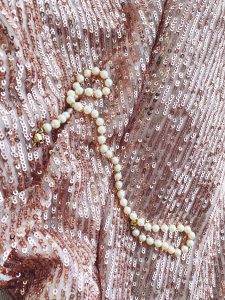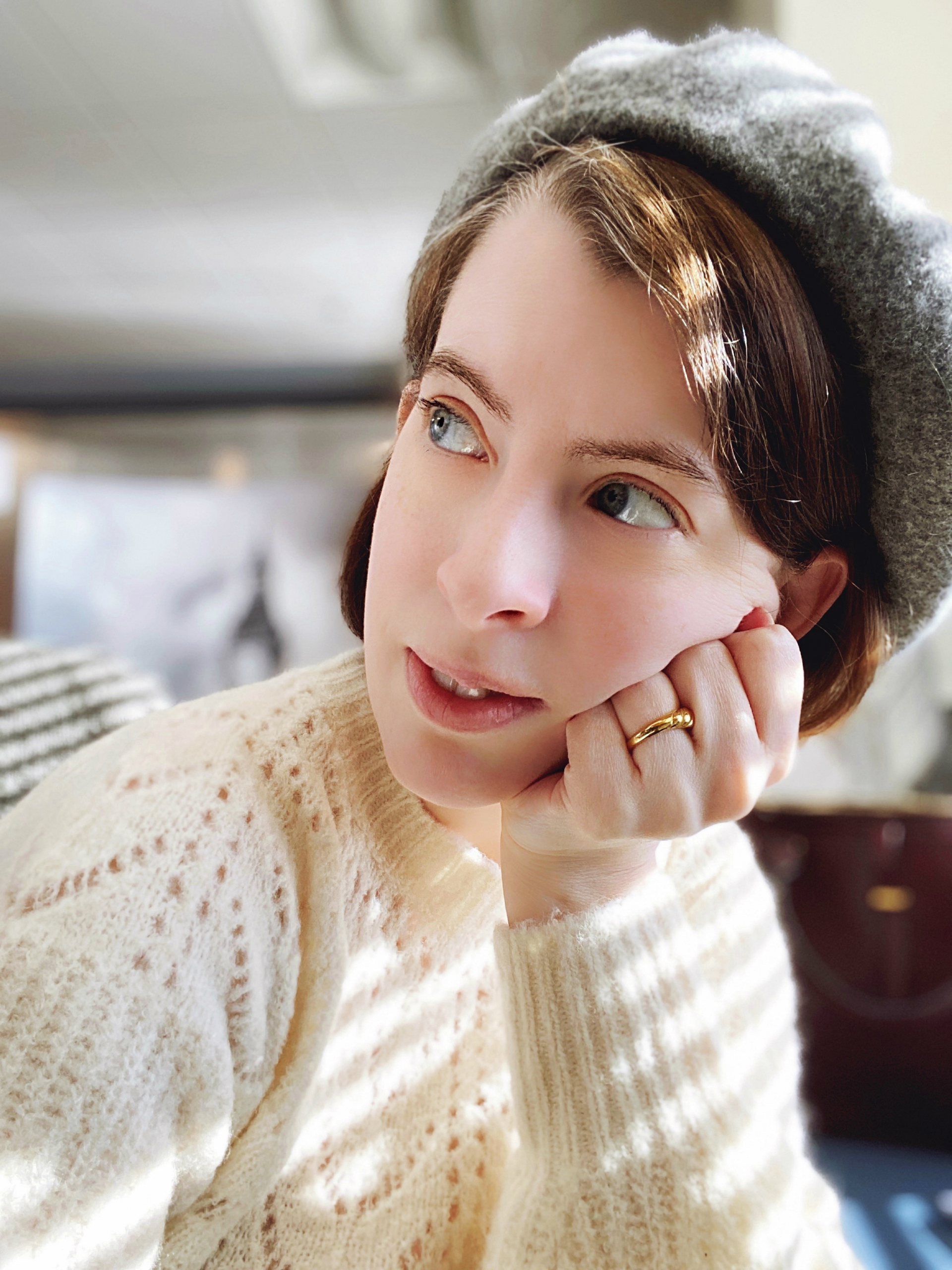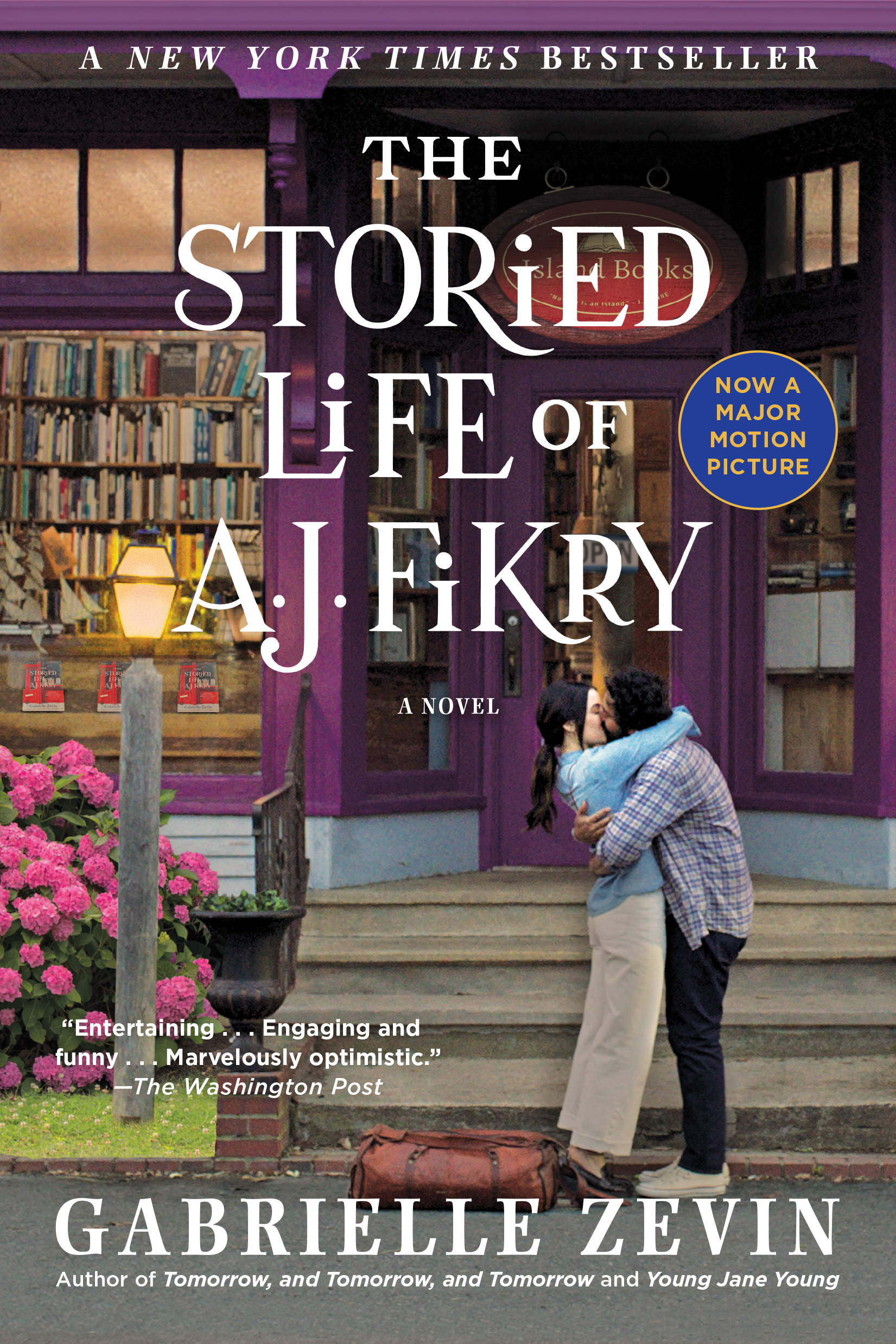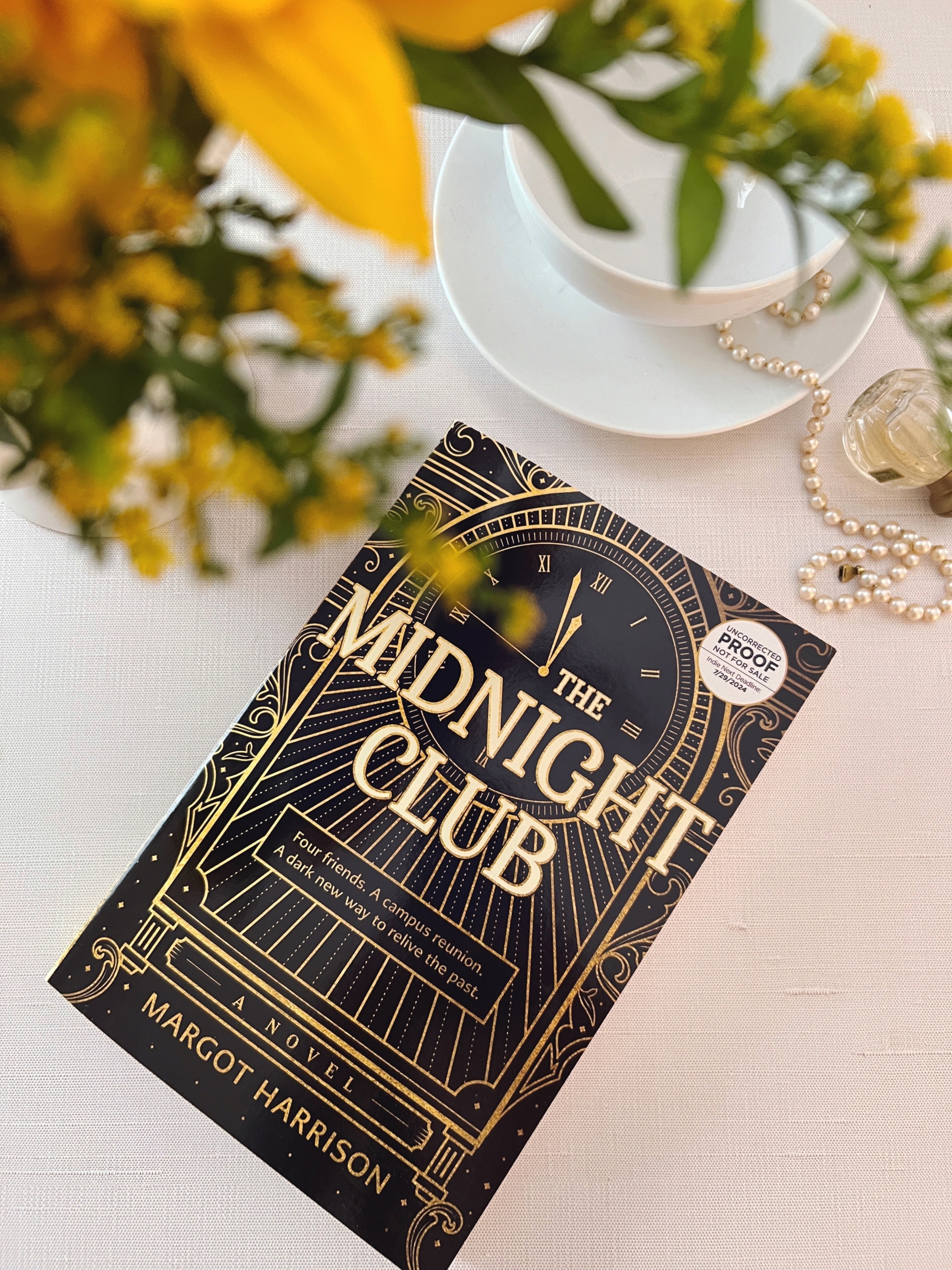Sometimes a novel has the power to change your life…
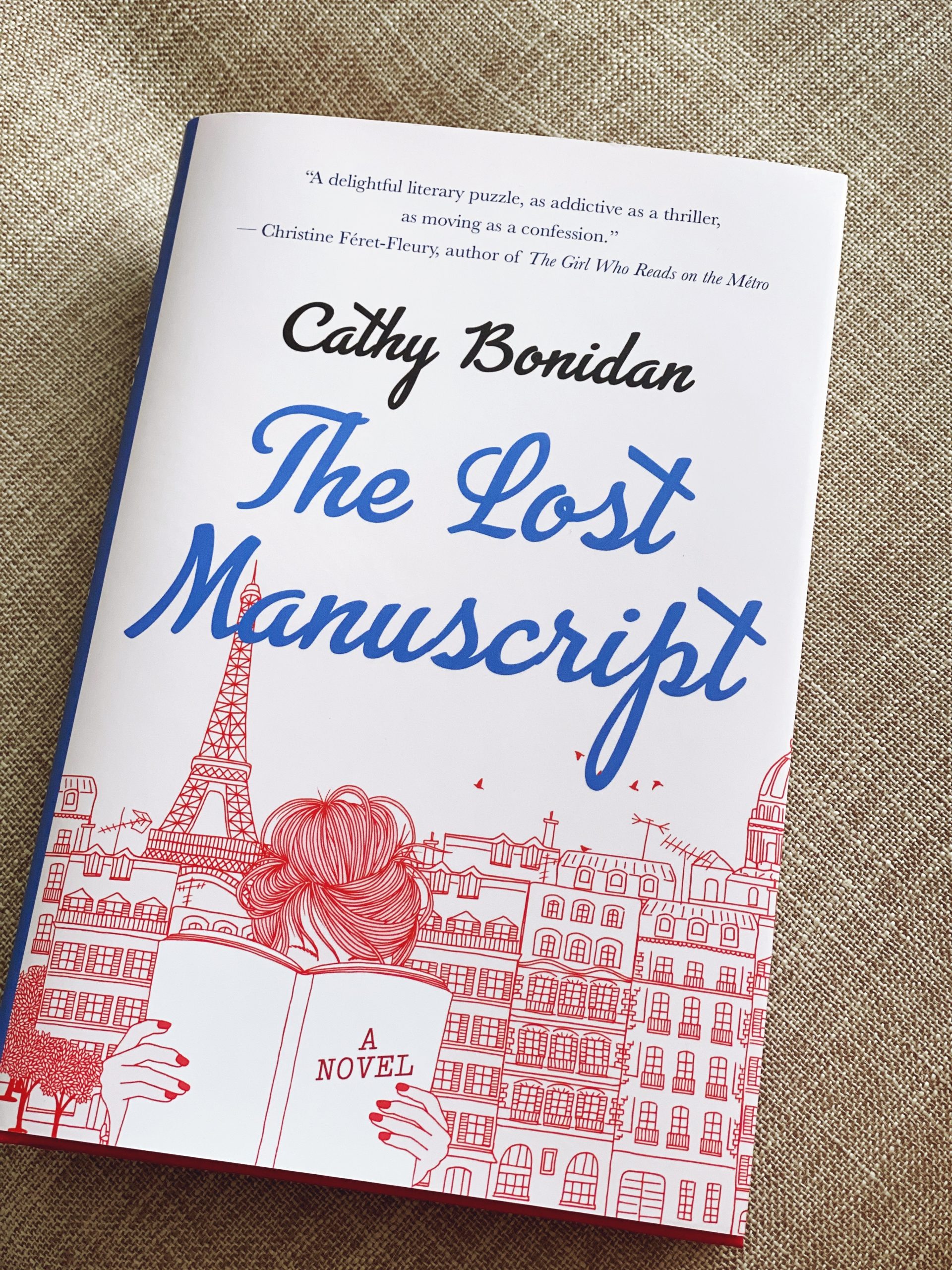
Imagine what it would be like if you found a manuscript in your hotel room while on vacation. What would you do? In The Lost Manuscript that releases today, Anne-Lise Braird finds a lost manuscript tucked away in the bedside table drawer in her hotel room. What began as an ordinary vacation in Brittany turns into a search for the author of the manuscript. Through a series of letters the story unfolds and we meet everyone whose lives have been touched by the lost manuscript.
In this interview, Cathy shares about when she first came up with the storyline, who she’d like to meet from the novel and what drew her to epistolary writing (telling a story through letters.)
When did you first come up with the storyline for your latest novel, The Lost Manuscript?
Actually, I remember exactly when I started writing The Lost Manuscript. It was in 1996, and I was going through a very strange phase of my life at the time. Four months earlier, the novel I had posted on a website for anonymous writers caught the attention of an editor, Marie Leroy (La Martinière Littérature,) who said she wanted to publish it. In a very unexpected way, my childish dream was becoming reality. I waited so patiently for the day when we would start working together on the text. January, February, and March flew by. Today, I know how publishing houses can be overwhelmed. But at the time, I didn’t know a thing about it. So, when spring arrived, I really thought that Marie Leroy had changed her mind about my first book (Le Parfum de l’Hellébore) and that it would remain a simple file in my computer… I was disappointed, of course, and I needed to focus on something else.
Generally, to forget the bothers of daily life and to refocus on the world that surrounds me, I write. So, I sat down in front of my computer and the story wrote itself: since my manuscript was destined to stay in the drawer without ever becoming a real book, I would narrate the story of a lost manuscript that would never be published…
At least, this was what I thought when I started writing it.
The entire novel is told through letters. What drew you to this style of storytelling?
I like epistolary writing. I always have. The interval between the moment when we give ourselves on paper and the moment when the recipient will discover what we have said, gives a unique flavor to our words. And when we think about it, how many letters have never been posted because at the very last minute the writer changes his mind? I like to think of what could have happened if some of them have actually been mailed. The temporal gap between the action of writing and the action of slipping the letter in the box always brings uncertainty. I think this hesitation is really important to me: the fact of writing, without knowing if eventually I will be read. I actually realize I’m doing the same when it comes to writing my novels. During the creation process, I like to tell myself that this book will perhaps never come out in bookstores, that it will perhaps never be sent to my publisher, and will perhaps never be read by anyone… In doing so, I rediscover a freedom and an intimacy in the act of writing: the one I devoted myself to in my school notebooks in which I would only write for myself and that I would kept hidden in the back of the cupboard.
How much research, and plotting out of the storyline do you do before you start writing?
I actually never do any preliminary research and plotting of the storyline because I never know what social standing or period of history my characters will drive me to. Research, in fact, comes later as the plot moves forward. By then, it can be either very substantial to the story as it was the case for my first published novel, in which the protagonist was a child with autism, which immersed me in the psychiatric universe of the fifties, or, it can be very modest, as it was the case for The Lost Manuscript, for which I mainly focused on where the action takes place. When it comes to imagination, the real world does not really matter to me. I don’t do research for a sake of technical details, but rather to become imbued with an era, a place, or to feel what the characters of the story actually feel. The priority is to be able to put myself in the characters’ shoes. Emotion… Isn’t it the sole truth in a novel?
Have you visited the locations where the letters where written from throughout the novel?
I think I knew pretty much every location that is in France. Because I went there during my childhood or more recently. But when I didn’t know the place, as was the case for the ones abroad, I used the internet to, first of all, move on a virtual map, and then, to meander in the streets. I love doing this when I’m writing. It’s a bit like choosing a place to go for vacation, or a building, a neighborhood where to live.
When I was writing the book, I once took the opportunity while being in Paris to go to the street where Anne-Lise would live, and to choose which floor and apartment she would reside. I wanted a balcony with a view of the park in front, because I once walked in that park for a while, and there was a very magnificent tree that I told myself should be visible from my character’s window. It seemed very important to me, without really knowing why. But when I wrote the next letters, I had in mind the view Anne-Lise probably had from her window as she was sitting at her desk. Of course, I’ve never ventured to knock at the owner’s door to check out the actual view.
Are Anne-Lise Briard and Sylvestre Fahmer (and the other cast of characters we meet throughout the novel) based on people you’ve met in real life, or are they purely imaginary?
All of my characters in my novels are purely imaginary. At least, that’s what I like to think. Because, when re-reading it, it sometimes happens that I find them quite similar to people I know, or people I once knew. But of course, to use the expression: any resemblance is purely coincidental.
Was it difficult switching between the different writing styles/personalities of the characters throughout the book?
No, not really. I wrote the letters on the exact dates that they appear in the novel. It was rare for me to write two letters on the same day, so that I would always have the time to step into the shoes of each character before replying. I just generally took some time to immerse myself again in the character’s environment, history, past, pains or fears. In doing that, I didn’t really have to think about it, writing would just come naturally.
What did you enjoy the most about writing the novel?
I had so much fun all through the book because I challenged myself. I had decided that I would publish one letter a day on the website that awarded me with a prize and had put me in contact with a publishing house. In other words, I wrote without any boundaries. As far as the plot was concerned, I did not have a particular plan in mind, I didn’t know where I was going. But once a letter was finished, I would post it and it would be read by the readers of the website. It was then impossible for me to change my mind afterwards or to rewrite the previous letter. It was somehow like in real life: I have to go on with my characters’ past and behave according to that.
And, as I told you, beginning to write this story was more like outlet, a way to let go the fact that my first novel would not be published. So at the beginning, obviously, my state of mind wasn’t in favor of the publishing industry… but during the summer, as I was in the middle of the writing, Marie Leroy, who didn’t forget me, told me she did want to publish Le Parfum de l’Hellébore!
If you could meet any of the characters in real life, who would it be?
After changing my mind about ten times between 4 and 5 a.m, I have to confess: I would like to see them all again. I’d like to meet them at a coffee house (after the lockdown, of course), I’d like them to tell me about their lives ever since I left them. I’d like to know how Sylvestre and Claire are doing (I imagine they’re still together, don’t you?). I’d like to know what had happened to Maggy and William, because for their part, I’m not completely sure how their story ended. Maggy’s personality is so independent that it may have discouraged him. I’d like to know if David is in good shape, if he had managed to rebuild himself a normal life and if he’s actually living in his house of Lot or if he has turned the page. And then, I would ask Anne-Lise to tell me about the release of the book, about her journey. Imagine Sylvestre’s face if a producer decided to buy television rights of his book!
I’d like to see again, as well, the secondary characters who accompanied me, such as the director of the care home (where David and Elvire met) who is a splendid woman, as I’d like to see again Nahima, or Julie, the young librarian of Roscoff.
I just noticed that I’m using words such as « see again » or « meet again » instead of « meet » that the question said… It’s that deep down inside of me, all of these characters lived by my side for several months, they became my friends, friends I just lost touch with…
Are you currently working on your next novel, and if so can we get a sneak peek?
The novel that follows The Lost Manuscript is Victor Kessler n’a pas tout dit. In this book, Bertille, a woman wrecked by life, meets Victor, a man who has been given a prison sentence of 30 years for the murder of a child. Moved by the written confession of the old man, she left for a small village in the East of the France to immerse herself in the memories of a crime that nobody forgot. In doing so, she will have to face the ghosts of her own childhood that took place several kilometers from here…
As for my next novel, the one whose first attempt is still on the desktop of my computer, I won’t say a word about right now, because nobody has actually read it, and because I’m not completely sure I will even send it to my editor. I enjoy this phase of uncertainty where the story solely belongs to me…
— About the Author —
Cathy Bonidan works as a teacher in Vannes, France. Her debut novel, The Perfume of Hellebore Rose, won 11 literary awards in France.
Pick up a copy of The Lost Manuscript.



